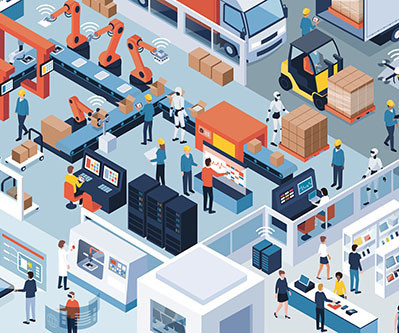A Growing Movement for Black Food Sovereignty
NonProfit Quarterly
DECEMBER 7, 2022
This article is part of Black Food Sovereignty: Stories from the Field , a series co-produced by Frontline Solutions and NPQ. This series features stories from a group of Black food sovereignty leaders who are working to transform the food system at the local level. Confronting a history of exclusion.














Let's personalize your content